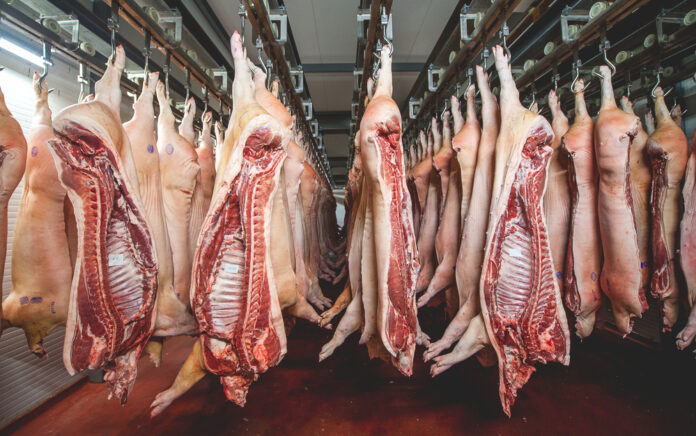The country’s meat imports rose by 16.5 percent in the first eight months, reaching 1.06 billion kilograms compared to 907.78 million kg in the same period last year, according to data from the Bureau of Animal Industry (BAI).
Pork remained the top imported meat, accounting for 54.2 percent or 573.09 million kg of total imports—up 27.3 percent from last year’s 450.36 million kg. Chicken followed at 322 million kg (30.5 percent share), marking a 6.6 percent increase from 302.03 million kg in 2024.
Beef imports rose by 5.6 percent to 131.99 million kg, while buffalo meat imports edged up 1.9 percent to 29.32 million kg. Lamb imports also saw a modest 1.8 percent increase to 550,285 kg. Meanwhile, turkey imports plunged 91.8 percent to just 79,120 kg, and duck imports declined by 9.7 percent to 96,947 kg.
Jess Cham, president emeritus of the Meat Importers and Traders Association, noted that strong demand for imported pork and chicken is largely driven by the manufacturing sector, particularly processed meat production. He also highlighted the continued impact of African swine fever on local pork supply and noted rising chicken prices ahead of the holiday season.
Brazil emerged as the Philippines’ top meat supplier during the period, exporting 424.38 million kg—equivalent to 40.14 percent of total imports—dominating in pork, poultry, and beef.







